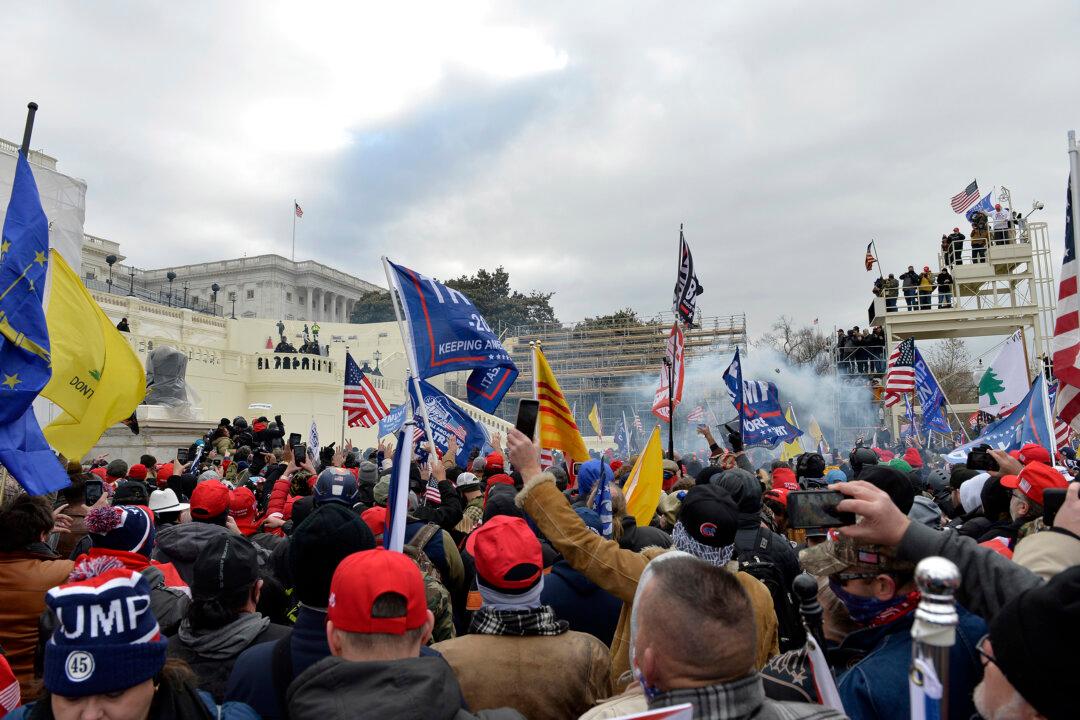The evidence-tampering statute being used by the U.S. Department of Justice to prosecute hundreds of Jan. 6 defendants is unconstitutionally broad, interferes with First Amendment free speech, and has left prosecutors with “unbridled, standardless discretion to effectively make up their own law,” a new Supreme Court filing argues.
The High Court is considering whether to take up a challenge to the use of the law (pdf) brought by Jan. 6 defendant Edward Jacob Lang, 28, of New York.





